Mozambique: INAGE strengthens its capacity to prevent cyber crimes
Escape Stories in Cabo Delgado: “The Changes in Pemba” – DW
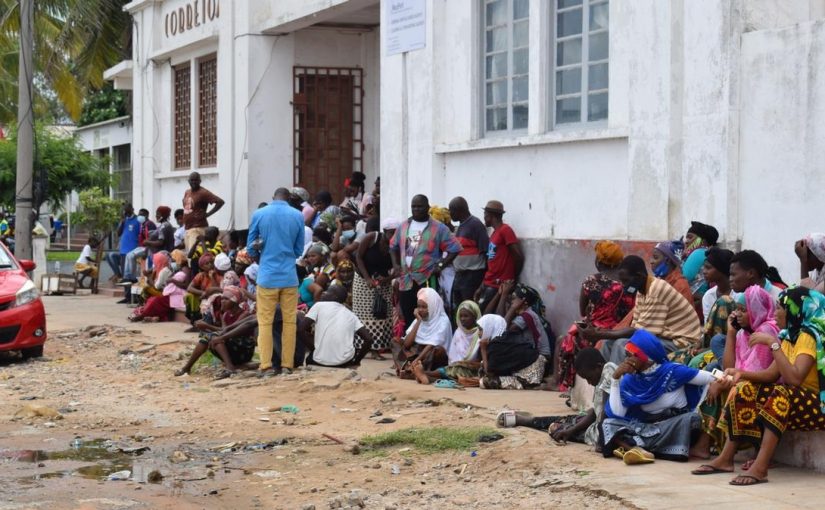
FILE - For illustration purposes only. [File photo: Lusa]
- Terrorism in Cabo Delgado has transformed the capital of the province, Pemba. In the 4th episode of its “Escape Stories in Cabo Delgado” series, Deutsche Welle talks about the changes in the city during the five years of insurgency.
Terrorism changed almost everything in Pemba. There has been a demographic explosion and increased pressure on public services, and life has become more expensive. And there has been an increase in informal businesses. In this fourth episode of the DW “Escape Stories” series we talk about the changes that have taken place in Pemba over more than five years of insurgency.
The terrorist attacks that have plagued northern Mozambique since 2017 have brought profound changes to life in the city of Pemba. The provincial capital was the destination of many displaced people fleeing districts hit by rebel incursions and who considered the city a safe haven.
The city’s population almost doubled compared to the years before the violence. The 2017 population census indicated 201,846 inhabitants, to which the insurgency added a further 198,457.
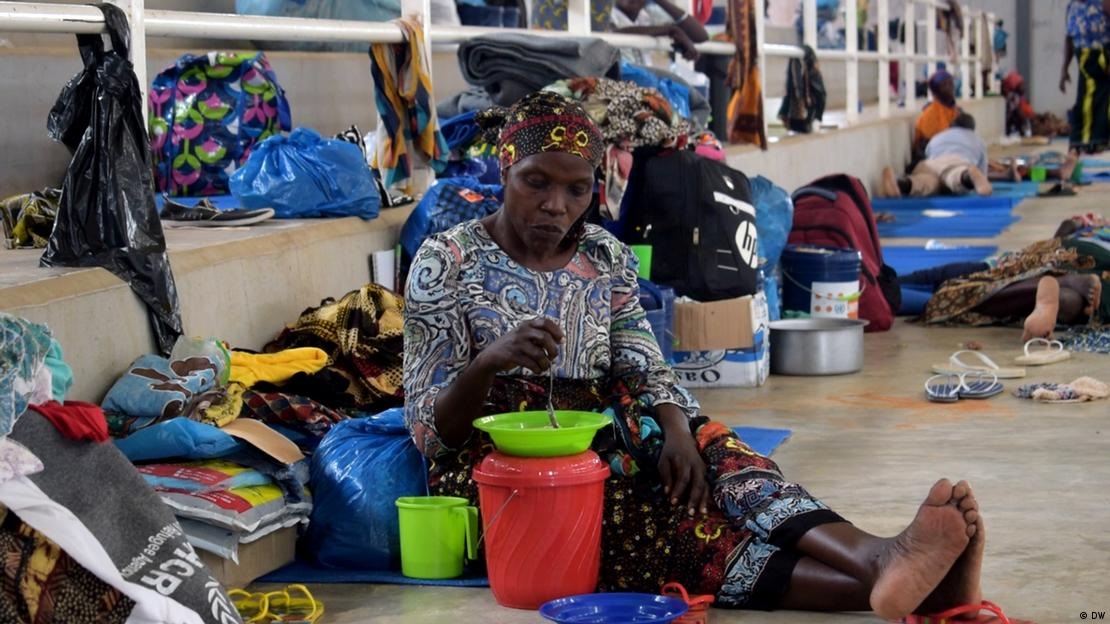
Increase in cost of living
Life has become quite expensive. For social activist and specialist in international relations Aly Caetano, everything is getting more and more complicated.
“Those families that are not considered middle or high-income families, extremely low-income families, they were already living in a tight situation. They had to carry out an exercise to guarantee three meals, another exercise for them to have access to school and to guarantee that they had access to health. Life was complicated as it was. With the conflict situation, this situation got worse and worse,” the activist says.
The price of many foods is prohibitive. Anchinha Abdul, an activist and resident of Pemba, says. Families’ hardships have increased.
“Life in Pemba has always been expensive, but now it’s worse. A bag of rice previously costing 800 meticais [about €12] , now costs around 1250-1150 meticais [€16-18 ]. Another type of rice, with a little more quality, we used to buy it at 1,250 meticais a bag. Now it a 25kg bag costs from 1,680 to 1,700 meticais [€25],” Abdul relates.
At the same time, pressure increased on public services, designed for far fewer inhabitants.
“With the increase in people, a hospital designed to receive 20 to 30 people a day on average now has 150 visitors. This is replicated in all state institutions: we go to get an Identity Card and we have a huge queue, because we have our displaced sisters and brothers who lost everything and need to do the BI. In education, it is also replicated: a classroom used to have 50 [students], today it has to have a little more,” Caetano says.
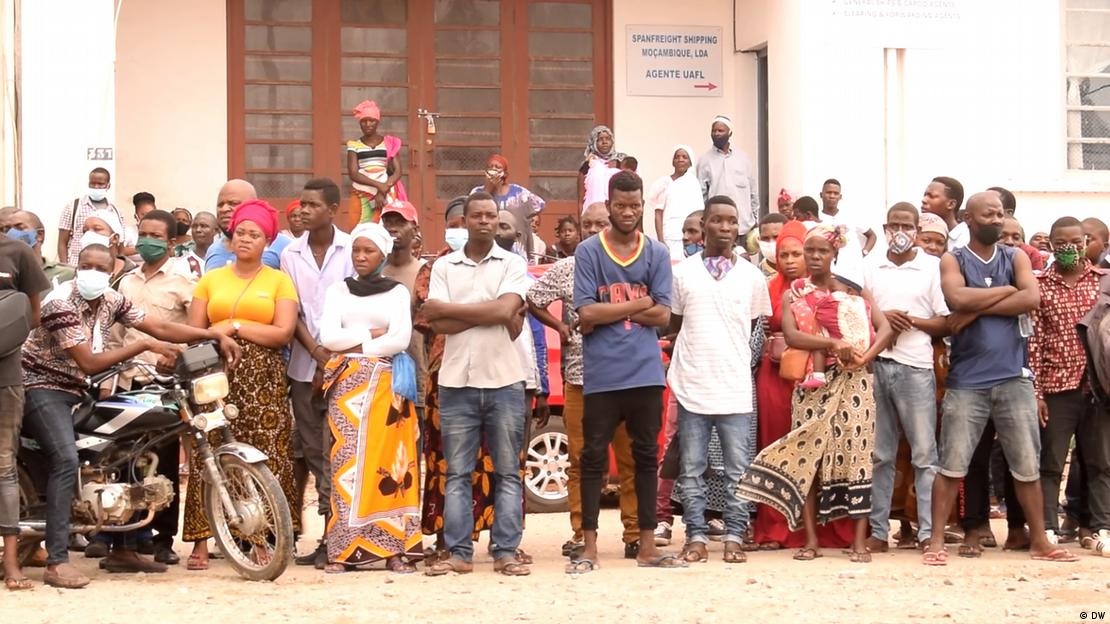
Reinventing yourself to survive
Many of those displaced from their areas of origin by the conflict have arrived in the host areas and have had to reinvent themselves in order to survive. Informal trade has increased, as has child labour, activists say.
“Many young people now sell [boiled[ eggs, peanuts, snacks and finger food to ensure their survival. A business that has proliferated a lot over the last five years is the motorcycle taxi, and that is a direct result of the conflict,” Caetano says.
Anchinha Abdul says that the Mozambican authorities and non-governmental organisations have given support, but it is not enough, so the displaced use what they have.
“Adult young ladies resort to business. Here in the city when they receive support, like the World Food Program, which has been providing assistance. Some people receive checks and go get rice, a bag of wheat, oil and sugar, yeast and they start making dumplings to sell,” Abdul says.
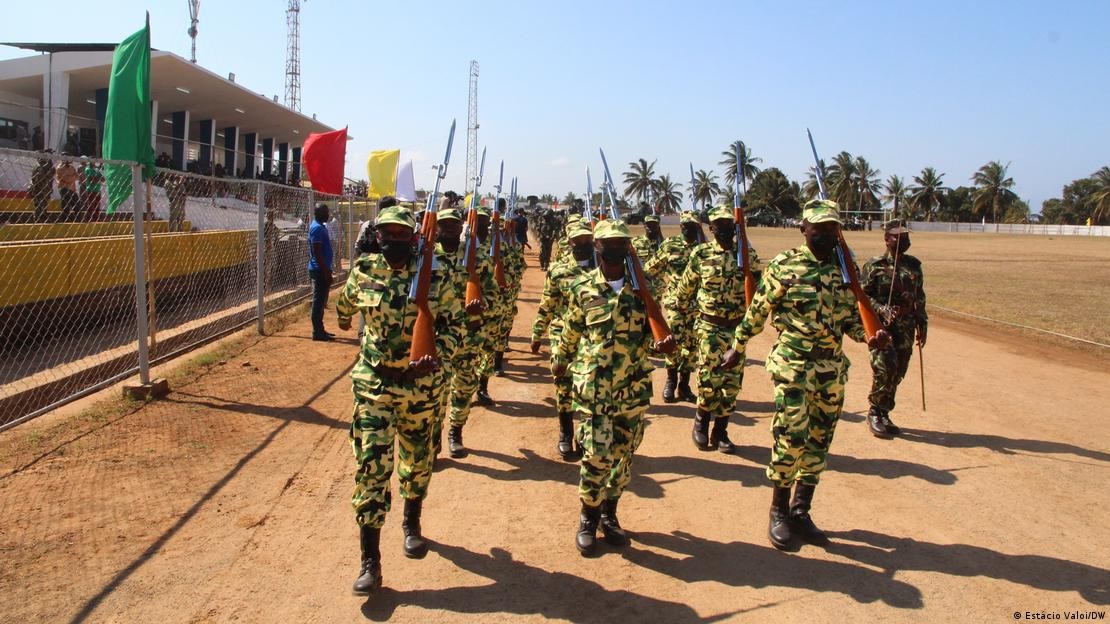
Foreign troops
The advances and retreats of the insurgents further north continue to be a frequent topic of conversation in Pemba.
In the fight against terrorists, Mozambique has received foreign military support from Rwanda and Southern African Development Community countries. The support is welcome and the relationship between foreign troops and local people is praised.
“They are treating the population as if they were Mozambicans or as if this were their own country. They are treating people with all the human rights reserved within our legal instruments. We even find [foreign] soldiers pounding grain with the population,” says Abudo Gafuro Manana, an activist living in Pemba.
International relations specialist Aly Caetano confirms this “healthy” relationship.
“Some studies, debates and conversations in which I have participated find that native people have a better relationship with foreign forces than with Mozambican forces. This is extremely controversial,” he says.
By Delfim Anacleto
In Pemba






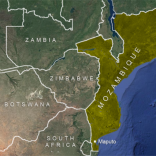
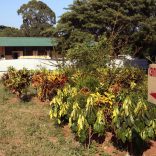





Leave a Reply
Be the First to Comment!
You must be logged in to post a comment.
You must be logged in to post a comment.